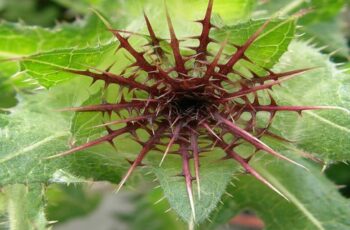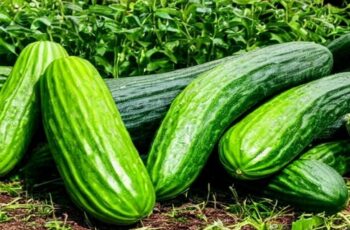Ad Blocker Detected
Our website is made possible by displaying online advertisements to our visitors. Please consider supporting us by disabling your ad blocker.
Risks
As long as a person is not allergic to bee pollen, raw honey is generally safe to use. The Centers for Disease Control and Protection (CDC) say people should not give honey to infants under the age of 1 because of the risk of infant botulism. Honey is safe from the age of 1 year. This applies to both raw and regular honey.
Choosing the Right Kind of Honey
Raw honey has a label that says “raw honey”. If the label doesn’t include the word “raw,” or doesn’t come directly from a farmer or beekeeper who can confirm it’s raw, the manufacturer probably pasteurized it. The label may also describe the type of flowers that the bees pollinated to make that honey. The type of flour determines the taste, color and antioxidant, and vitamin content of the honey.
Many types of pasteurized honey have a label that says “pure honey”. Others may say “clover honey” or say they are from a local area. Even products labeled “organic honey” cannot be truly raw, as some manufacturers do pasteurize organic honey.
Some processed honey products contain high fructose corn syrup or other additives. Check the label to make sure the honey is pure. Raw honey has become more popular in recent years, and people can buy it at many grocery and health food stores these days. Farmers’ markets also sell raw honey, sometimes straight from the beekeeper. Online stores offer a wide variety of brands of both raw honey and regular honey.

